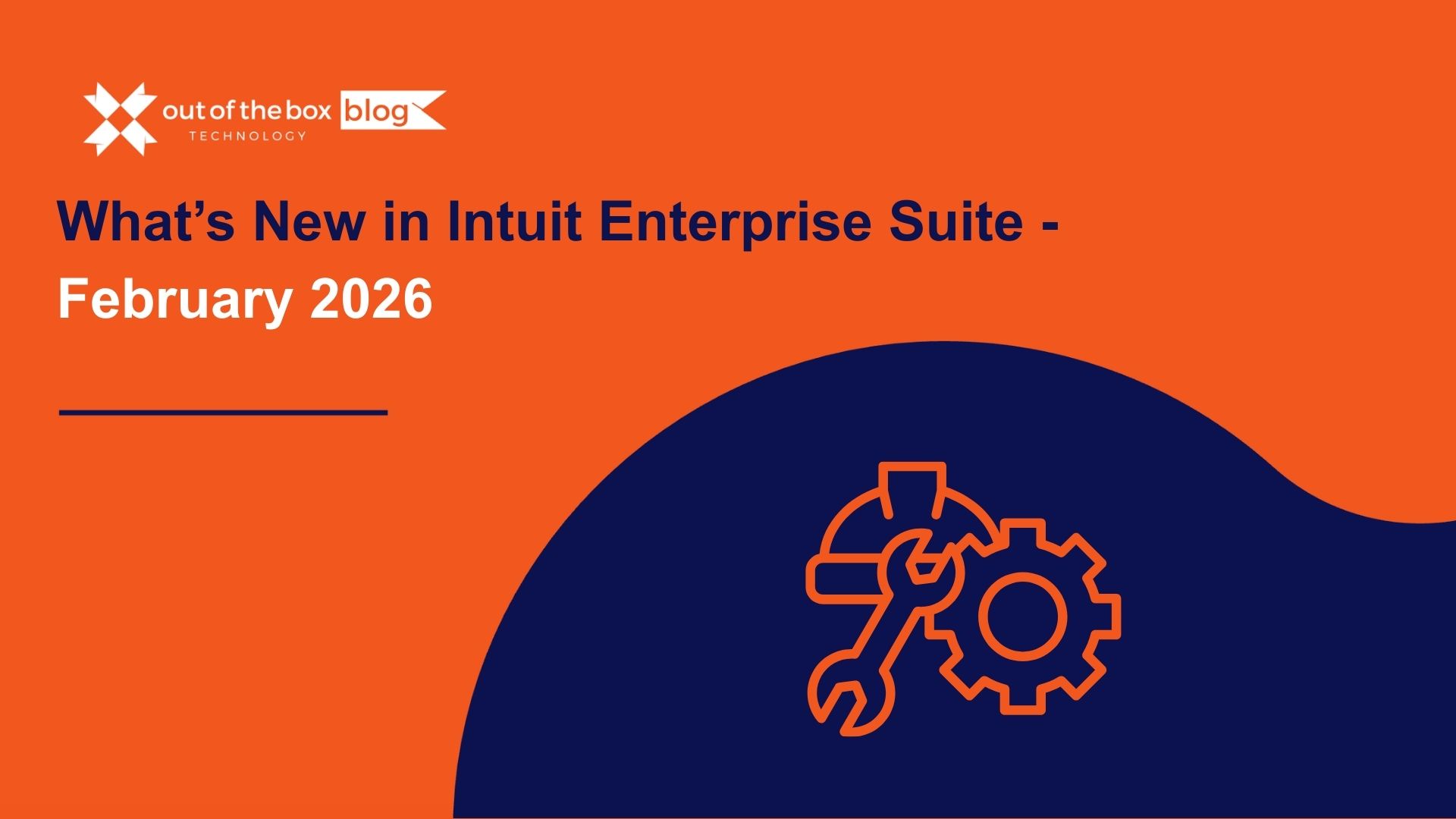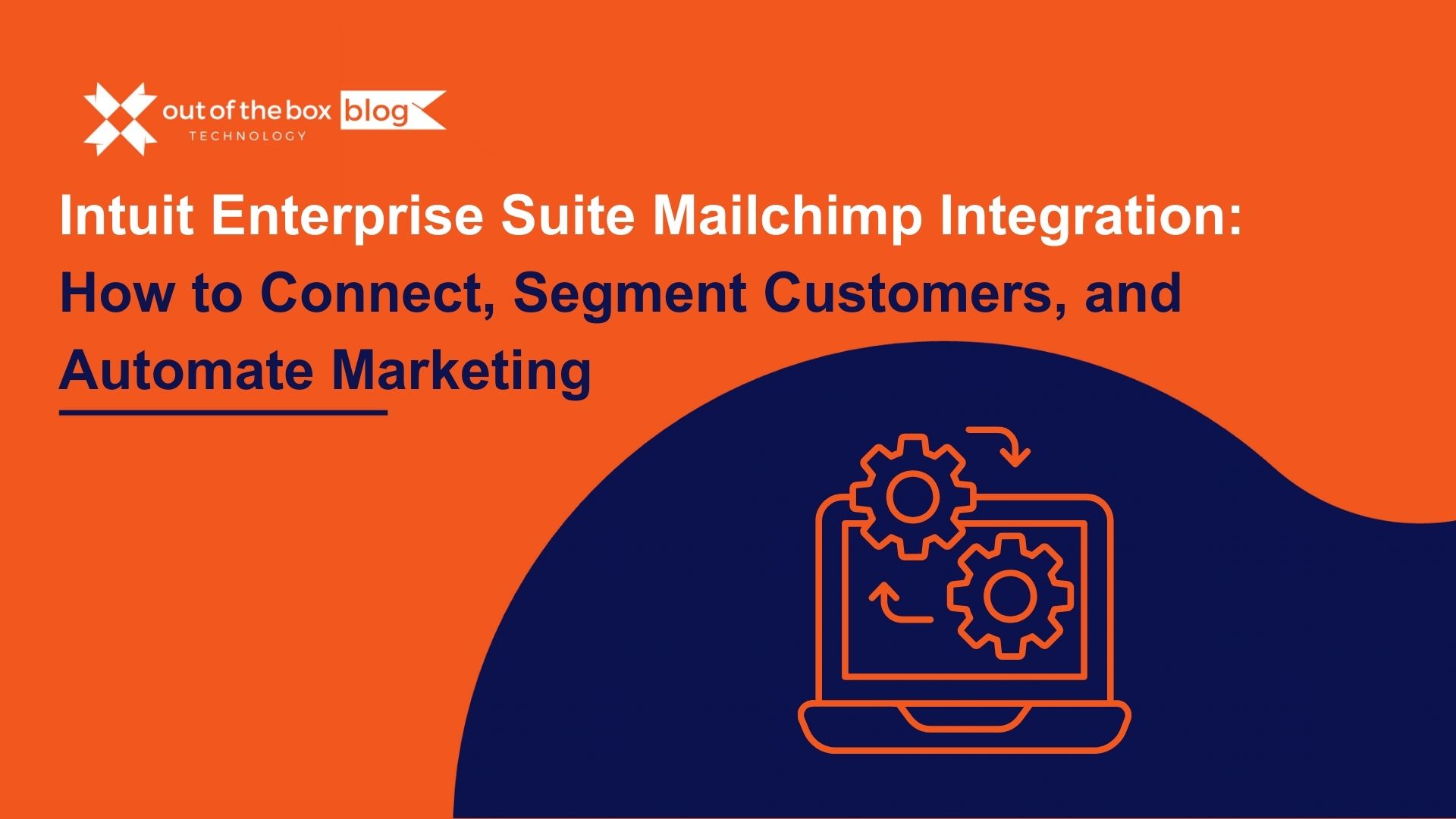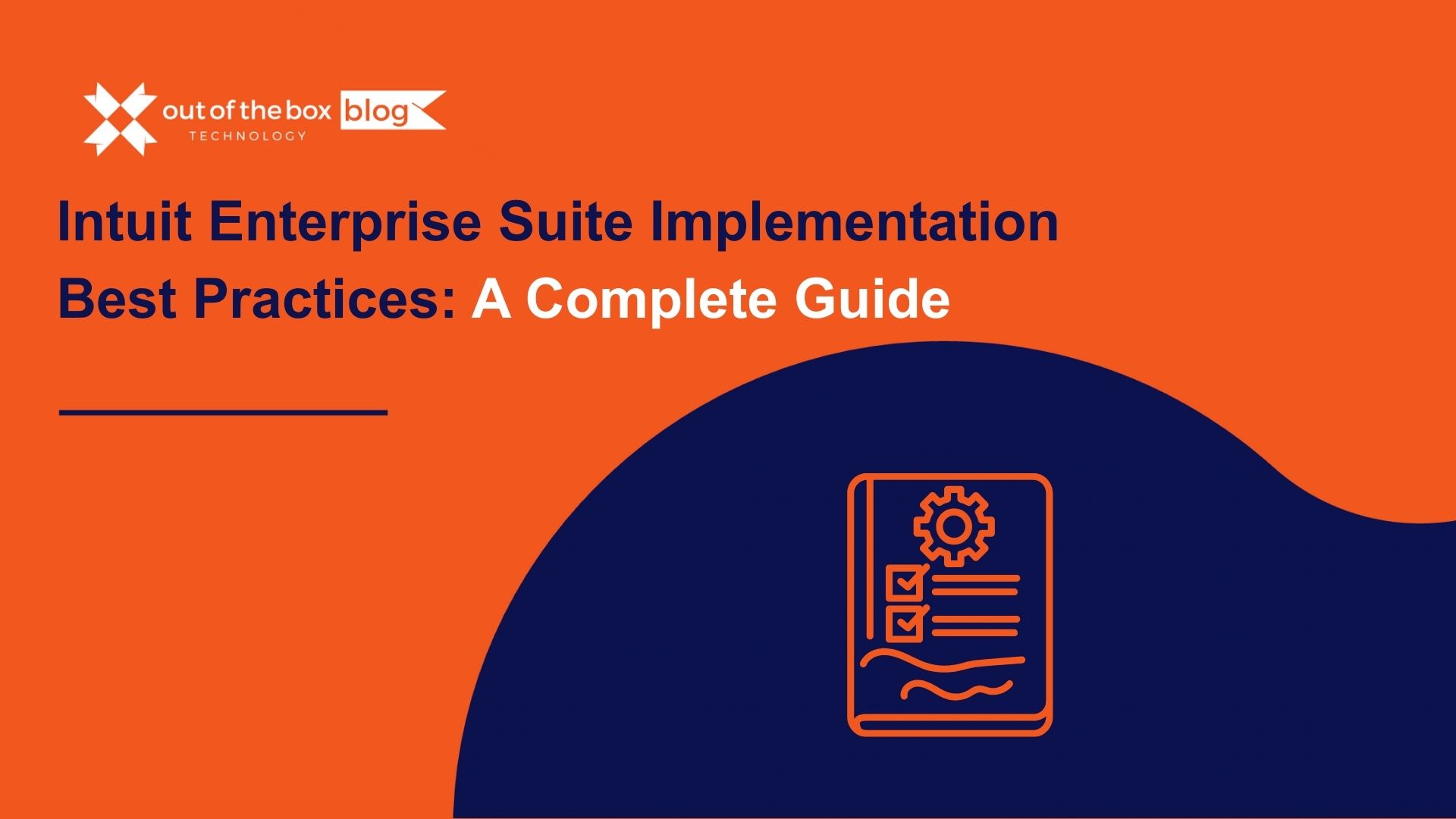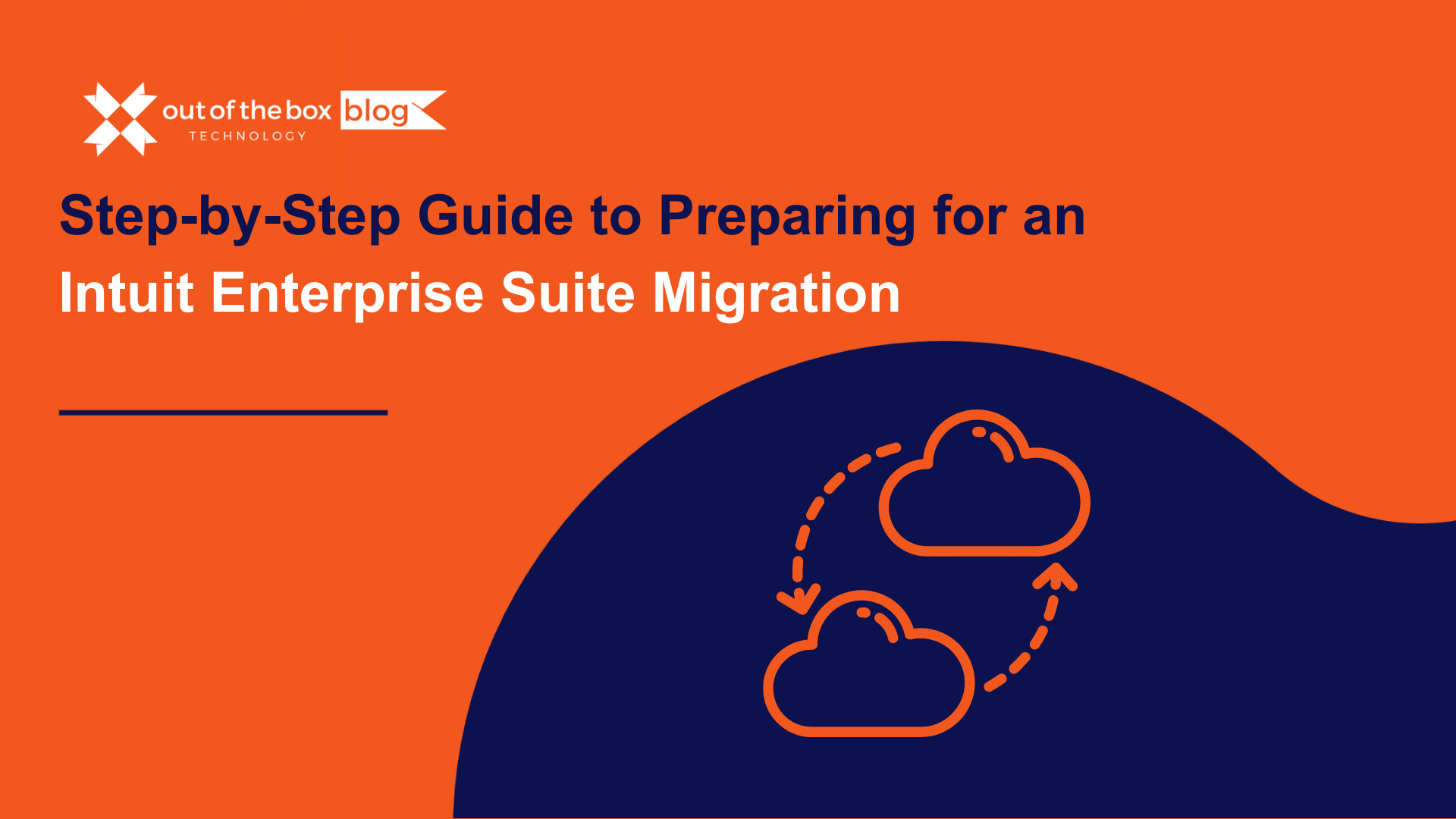As a business grows, managing finances and keeping accurate records becomes more complex and time-consuming. For many companies, outsourcing bookkeeping is a strategic move that saves time, reduces costs, and provides access to expert financial insights. However, choosing the right bookkeeping partner is essential for ensuring accuracy, security, and long-term financial success. This guide will outline the key qualities to look for in a reliable bookkeeping partner, share examples, data points, and answer common questions to help you make the best choice for your business.
1. Experience and Industry Knowledge
Experience is a critical factor when selecting a bookkeeping partner. Bookkeeping requirements vary by industry, and an experienced partner will understand your specific needs and any regulatory requirements. For example, a retail business has different financial reporting needs than a healthcare provider, and a knowledgeable bookkeeping partner can tailor their approach accordingly.
Example:
A law firm may require a bookkeeping partner familiar with trust accounting to maintain compliance with regulatory standards. By choosing a firm experienced in this area, the law firm can ensure accurate, industry-specific bookkeeping.
Data Point:
A survey by Deloitte found that 63% of companies feel more confident outsourcing to firms with industry-specific expertise. Having a bookkeeping partner familiar with your industry’s nuances can improve efficiency and accuracy.
2. Technology and Software Capabilities
Today’s bookkeeping solutions rely on advanced software for data automation, accuracy, and security. A reliable bookkeeping partner should use reputable software like QuickBooks, Xero, or NetSuite, and be able to integrate with your current systems to streamline data flow.
Example:
A manufacturing company with high transaction volume chooses a bookkeeping partner that uses QuickBooks to automate transaction recording and simplify financial reporting.
Data Point:
According to Intuit, businesses using integrated financial software report a 30% improvement in data accuracy and a 40% reduction in time spent on manual data entry. Using the right technology is crucial to efficient and accurate bookkeeping.
3. Data Security and Compliance Practices
Financial data security is critical for any business. A reliable bookkeeping partner should have robust data security measures, such as encryption, secure storage, and multi-factor authentication. In addition, they should be compliant with industry standards, such as GDPR or SOC 2, to ensure your financial data is protected.
Example:
A financial services firm chooses a bookkeeping partner that complies with SOC 2 standards, ensuring their data is stored securely and access is restricted.
Data Point:
According to IBM, the average cost of a data breach in 2022 was $4.35 million. Working with a bookkeeping partner who prioritizes data security can reduce the risk of breaches and the associated financial losses.
4. Transparent and Fair Pricing
A clear and transparent pricing structure is essential to avoid unexpected costs. Many bookkeeping partners offer a flat monthly rate, while others may charge based on transaction volume or specific services. Always request a detailed breakdown of services included in the pricing.
Example:
A consulting firm evaluates two bookkeeping partners. One offers a detailed pricing plan with no hidden fees, while the other has a variable rate without a clear estimate. The firm chooses the provider with transparent pricing to avoid future budget surprises.
Data Point:
Research by SCORE found that 70% of small businesses experience financial stress due to unexpected expenses. Transparent pricing helps avoid unnecessary financial strain.
5. Strong Communication and Responsiveness
Effective communication is crucial in any partnership, but especially in bookkeeping, where timely information is essential for financial decision-making. Your bookkeeping partner should be easy to reach, provide regular updates, and respond quickly to any questions or concerns.
Example:
A retail business relies on timely cash flow insights for inventory management. By partnering with a responsive bookkeeping firm, they receive frequent updates that help them make informed purchasing decisions.
Data Point:
A Clutch survey found that 52% of small businesses consider responsiveness a top priority when choosing an outsourcing partner. Clear and frequent communication leads to better decision-making and financial transparency.
6. Access to Real-Time Financial Data
In today’s fast-paced business environment, having access to real-time financial data is essential for making informed decisions. Look for a bookkeeping partner who offers cloud-based reporting tools that allow you to view financial performance at any time.
Example:
A restaurant chain partners with a bookkeeping firm that provides real-time dashboards, allowing the owner to monitor sales, expenses, and cash flow daily. This access enables quick adjustments, improving profitability.
Data Point:
According to PwC, businesses with real-time financial reporting see a 25% improvement in decision-making speed, helping them respond faster to market changes.
7. Customization and Flexibility
No two businesses are alike, and a one-size-fits-all approach to bookkeeping may not meet your needs. A reliable bookkeeping partner should offer customizable services, such as tailored reports, flexible update schedules, and personalized support.
Example:
A non-profit organization requires customized financial reports to track grant expenses separately from general expenses. A flexible bookkeeping partner provides tailored reports, helping the organization meet compliance requirements.
Data Point:
A study by the Association of Chartered Certified Accountants (ACCA) found that businesses with customized financial reporting see a 40% improvement in compliance and accuracy.
8. Scalability for Future Growth
As your business grows, your bookkeeping needs will also increase. Choosing a scalable bookkeeping partner ensures that they can handle higher transaction volumes, additional reporting requirements, and new services as needed.
Example:
A technology startup anticipates rapid growth and chooses a bookkeeping firm that offers scalable solutions. As the company expands, the firm adjusts its services to meet their evolving needs.
Data Point:
According to the Small Business Administration, 20% of small businesses fail within the first year, often due to poor financial management. A scalable bookkeeping solution can support business growth and financial stability.
9. Positive Client Reviews and Reputation
A bookkeeping partner’s reputation can provide valuable insight into their reliability and quality of service. Look for client testimonials, online reviews, or case studies to gauge the partner’s credibility and past performance.
Example:
An e-commerce business finds a bookkeeping firm with strong client reviews and case studies showcasing success with similar companies. This gives them confidence in the partner’s expertise and commitment to customer satisfaction.
Data Point:
BrightLocal reports that 87% of people trust online reviews as much as personal recommendations. Checking a bookkeeping partner’s reputation can help you avoid unreliable providers.
10. Long-Term Partnership Potential
Outsourcing bookkeeping is often a long-term commitment, so it’s important to choose a partner who shares your vision for success. A reliable bookkeeping partner will understand your business’s goals, provide proactive insights, and adapt to changes as your business grows.
Example:
A construction company partners with a bookkeeping firm that regularly meets with them to review financial performance and offer advice. This long-term partnership enables the construction company to make strategic adjustments and maximize profitability.
Data Point:
A study by McKinsey found that long-term outsourcing partnerships reduce operational costs by up to 20%. Selecting a bookkeeping partner with a focus on your success can contribute to a more sustainable financial future.
Frequently Asked Questions (FAQ)
Q1: Why should I consider outsourcing my bookkeeping?
A: Outsourcing bookkeeping saves time, reduces overhead costs, and provides access to specialized expertise. It allows businesses to focus on core activities while ensuring accurate, compliant financial records.
Q2: How can I trust an external bookkeeping partner with sensitive financial data?
A: Choose a bookkeeping partner with a strong commitment to data security, including encryption, secure data storage, and compliance with standards like SOC 2 and GDPR.
Q3: What is the typical cost of outsourcing bookkeeping?
A: Costs vary based on the level of service required, ranging from $500 to $5,000 per month for small to medium-sized businesses. Most providers offer transparent pricing with tailored service packages.
Q4: Can a bookkeeping partner handle tax preparation?
A: Many bookkeeping firms offer tax preparation or work closely with tax professionals. Confirm with your partner if tax services are included or if they collaborate with tax advisors to streamline tax season.
Q5: How often should I expect updates from my bookkeeping partner?
A: The frequency depends on your business needs. Monthly updates are typical, but many partners offer weekly or even daily updates for clients needing real-time insights.
Q6: Is it difficult to switch to an outsourced bookkeeping partner?
A: Most bookkeeping partners offer onboarding services to ensure a smooth transition. This includes reviewing existing records, setting up software integrations, and transferring data securely.
Q7: How do I know if a bookkeeping partner is reputable?
A: Look for client testimonials, industry certifications, and case studies. A reputable partner will have a track record of successful client relationships and positive feedback from other businesses.
Conclusion
Choosing the right bookkeeping partner is a critical decision for any business. A reliable partner offers more than just data entry; they provide expertise, insights, and tools that empower you to make informed financial decisions. By focusing on experience, technology, data security, communication, scalability, and long-term partnership potential, you can find a bookkeeping partner that aligns with your business needs and helps drive growth. Whether you’re a startup or an established company, outsourcing bookkeeping can free up time, improve accuracy, and support your financial goals, setting you on a path toward sustained success.
Meet with a QuickBooks service expert today!
Prepare your business for 2025 with expert QuickBooks support! Our team offers tailored integrations and reliable solutions to streamline and optimize your bookkeeping processes. Meet with a QuickBooks expert today.




